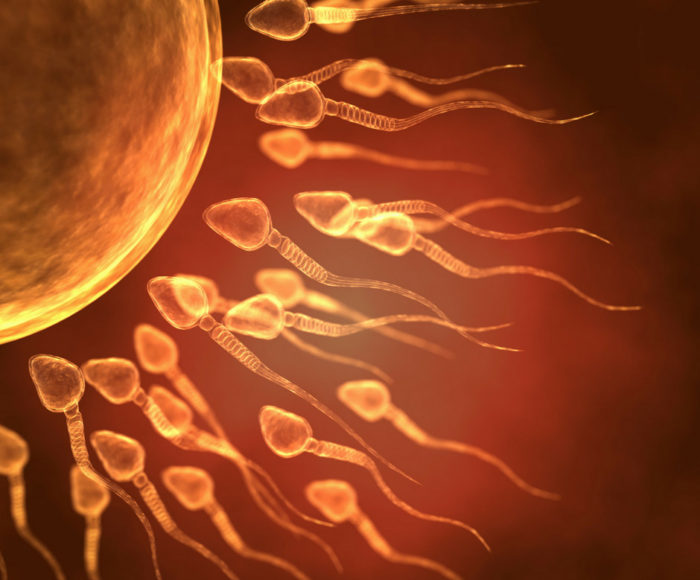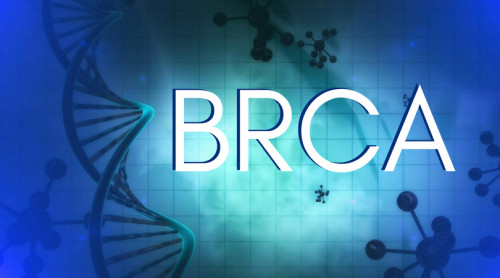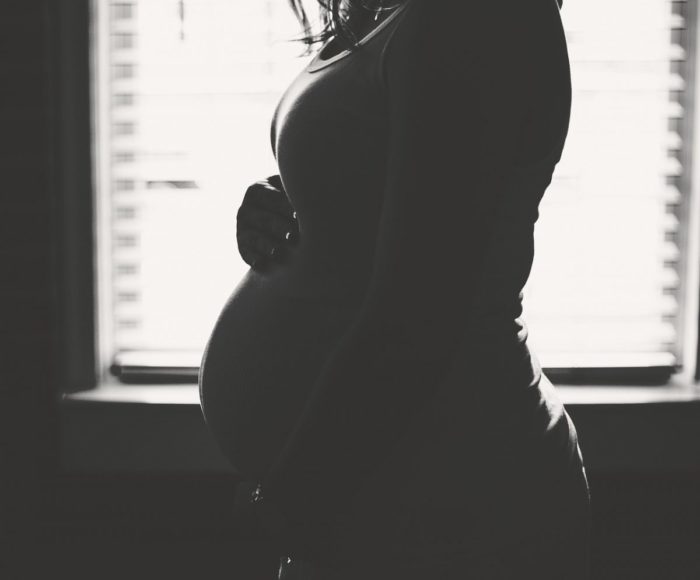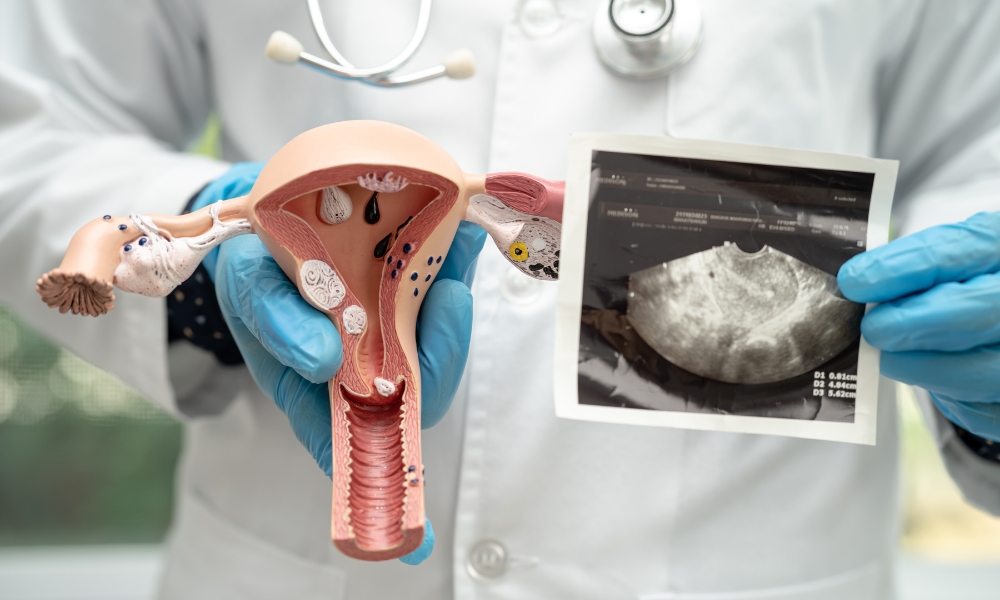July is Fibroid Awareness Month. In recognition of this important month, Coastal Fertility Specialists wanted to give you a little more information on what Uterine fibroids are and how they can affect fertility. Fibroids are common and although symptoms can vary, they potentially can affect a woman’s ability to conceive and carry a child.
Fibroids are noncancerous tumors of muscle tissue in the uterus or cervix and occur when a single muscle cell in the wall of the uterus multiplies and grows. Women usually have more than one fibroid tumor, but single fibroids are possible.
Found in 20% of women of reproductive age, fibroids are more common in African-American women (50%-80%). While the exact cause of uterine fibroids is unclear, there is evidence that it may be a combination of genetic, hormonal, and environmental factors.
How Do Fibroids Cause Infertility?
• Changes in the shape of the cervix can affect the number of sperm that can enter the uterus.
• Changes in the shape of the uterus can interfere with the movement of the sperm or embryo.
• Fallopian tubes can be blocked by fibroids.
• Blood flow to the uterine cavity can be affected which can decrease the ability of an embryo to stick (implant) to the uterine wall or to develop.
How Are Fibroids Evaluated and Treated?
Uterine fibroids can be evaluated through a transvaginal ultrasound, saline sonogram or hysteroscopy. Not all fibroids need to be removed and your doctor will decide on the best treatment based on the size and location of the fibroids in addition to your symptoms. If fibroid removal is recommended to optimize fertility, your doctor can perform a surgery (myomectomy) to remove fibroids.
If you have fibroids and you think they are causing issues with conceiving, contact us – we can help! Call 843-883-5800 or make an appointment online.
Related Posts

November 07, 2017
Why do Chromosomally Normal Embryos Not Implant in the Uterus?

March 13, 2018
Are Male Sperm Counts Declining Over Time?

May 21, 2018
Does Having the BRCA Gene Affect My Fertility?

September 23, 2018
Do Maternal Antithyroid Antibodies Increase the Risk of Miscarriage?

February 12, 2020
Toxic Concerns – What You Should Know Before and During Pregnancy



